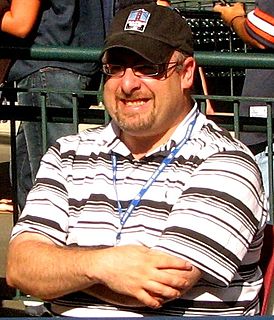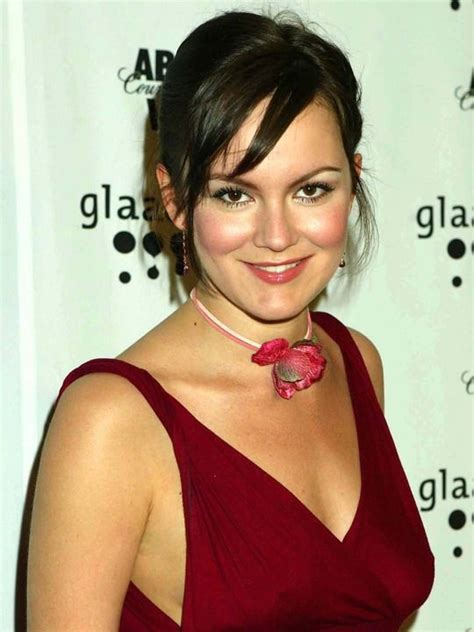A Quote by Eoin Colfer
When I went to school, I was already reading and writing. In fact, I was offended that the other kids couldn't.
Quote Topics
Related Quotes
So often we think, well, kids learn to read at school, I don't have to be responsible for that. But in fact they learn to love reading at home, and therefore it's really important that we as parents preserve the joy of reading by supporting them and reading things that speak to their hearts, books that they love.
I did a couple of writing seminars in Canada with high school kids. These were the bright kids; they all have computers, but they can't spell. Because spell-check won't [help] you if you don't know through from threw. I told them, "If you can read in the 21st century, you own the world." Because you learn to write from reading.
We ought not to confine ourselves either to writing or to reading; the one, continuous writing, will cast a gloom over our strength, and exhaust it; the other will make our strength flabby and watery. It is better to have recourse to them alternately, and to blend one with the other, so that the fruits of one's reading may be reduced to concrete form by the pen.
What do teachers and curriculum directors mean by 'value' reading? A look at the practice of most schools suggests that when a school 'values' reading what it really means is that the school intensely focuses on raising state-mandated reading test scores- the kind of reading our students will rarely, if ever, do in adulthood.
It is a bit more challenging for the simple fact that now the stories I am writing are relying more on my imagination than on facts, more on research than on memory; so it is basically a slower writing process, more reading, more exploring. On the other hand, this approach is a little bit relieving too, since many times while writing [How the Soldieer Repairs the Gramophone] I felt too close and equal to my character.
When I was about 7 years old, I had been labeled dyslexic. I'd try to concentrate on what I was reading, then I'd get to the end of the page and have very little memory of anything I'd read. I would go blank, feel anxious, nervous, bored, frustrated, dumb. I would get angry. My legs would actually hurt when I was studying. My head ached. All through school and well into my career, I felt like I had a secret. When I'd go to a new school, I wouldn't want the other kids to know about my learning disability, but then I'd be sent off to remedial reading.

































